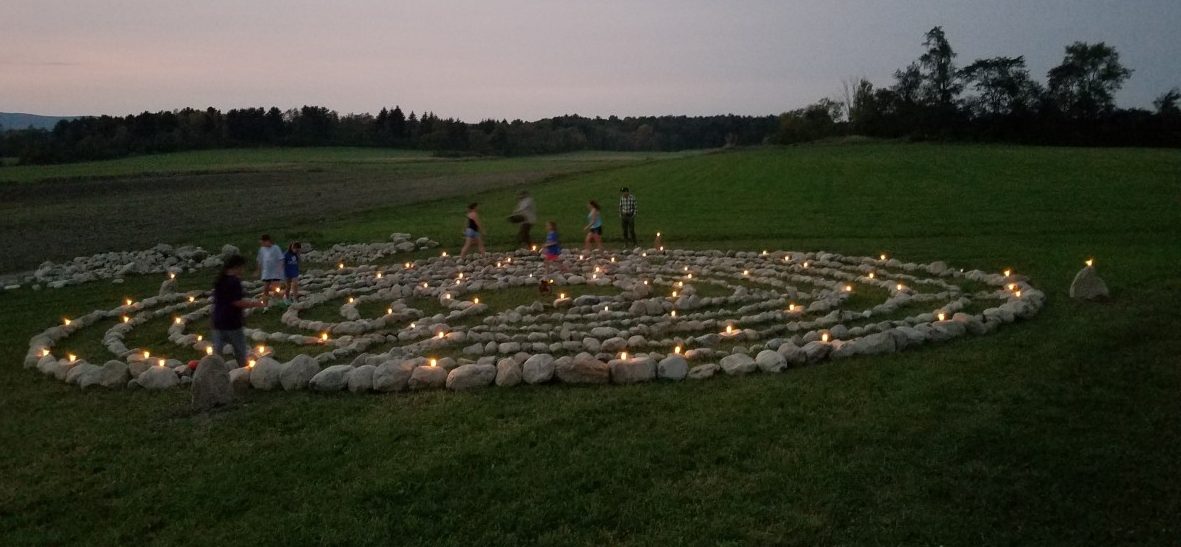“Chaplain” is a funny title. It can conjure up images of a Christian pastor kneeling next to a fallen soldier at war or sitting by a sick person’s bedside in a hospital — something you might see in a movie about a far-off time. Often, these are limited and outdated images.
Who exactly are the campus chaplains at Middlebury, and what do we do? We raise this question now because “College Chaplains” is one of the resources that is listed when tragedy strikes on campus or elsewhere in the world, and we are certainly all dealing with the repercussions of many such tragedies this semester. Yet we worry that the title “chaplain” itself may be a barrier to some people in utilizing us as a resource.
The college chaplains at Middlebury consist of three full-time chaplains who are trained in and practice three different religious traditions: Christianity, Islam and Judaism. We also employ part-time affiliate chaplains in different Christian denominations including Congregationalist, Baptist and Catholic, as well as a Zen Buddhist chaplain.
However, we hope that our religious identities will not be another barrier to seeking us out. We are first and foremost very good listeners to anyone who comes our way. We believe that listening — truly listening — is one of the most powerful ways to be with someone who is struggling. And this is no small thing. We are equipped to be there in this listening capacity for anyone who wants it, regardless of their religious or non-religious background. We each work with students from any number of backgrounds. We are also equipped to work with people within the specific religions that we represent if that is desired. The content of our meetings with students is confidential unless there is imminent harm to self or others.
Our office space this interim year, The Scott Center for Spiritual and Religious Life at 46 South Street, is somewhat far from the center of campus. We welcome you there, but we are always willing to meet students closer to where they are. Please email or call to find a time to meet.
Saifa Hussain (she/her/hers), the Muslim Chaplain and Interfaith Advisor, can be reached at sthussain@middlebury.edu or 802-443-5983. Mark R. Orten (he/him/his), the Dean of Spiritual and Religious life and Chaplain of the College, can be reached at orten@middlebury.edu or 802-443-5886. Danielle Stillman (she/her/hers), Rabbi and Associate Chaplain can be reached at dastillman@middlebury.edu or 802-443-5762. Find the Scott Center for Spiritual and Religious Life at go/scottcenter or in person at 46 South St.
